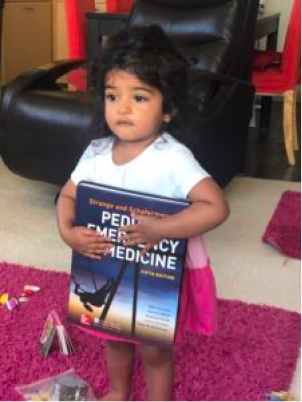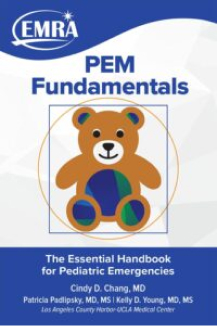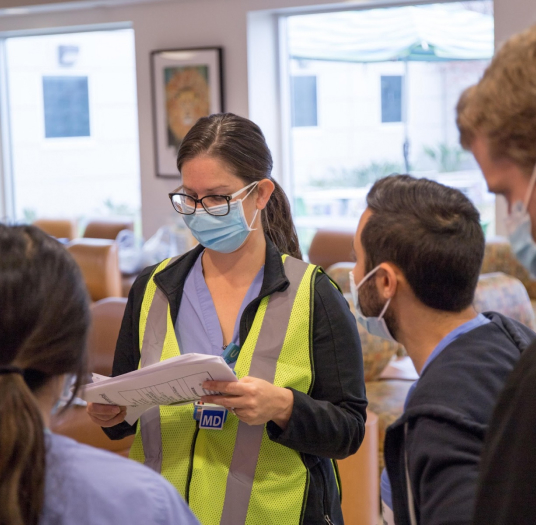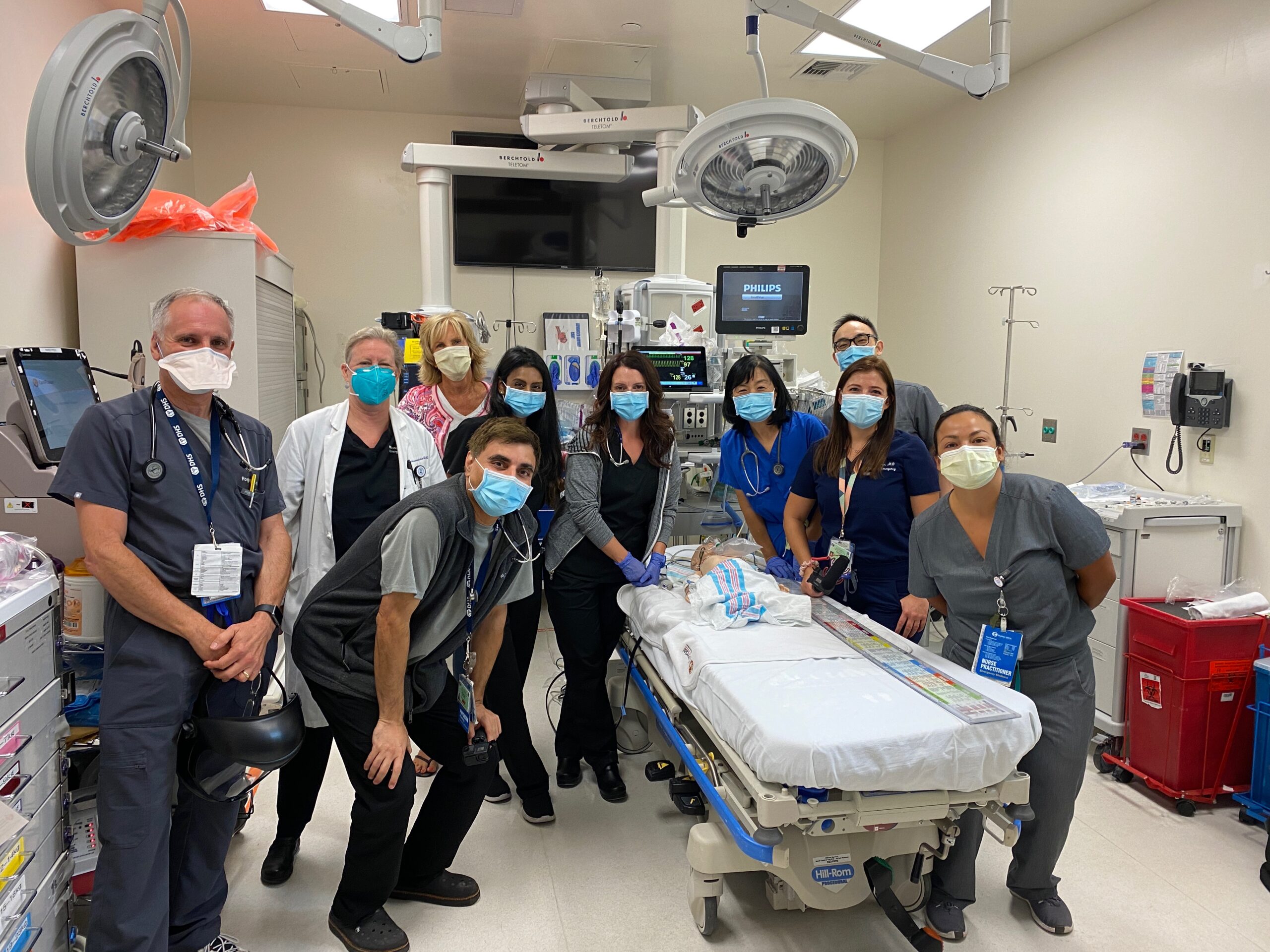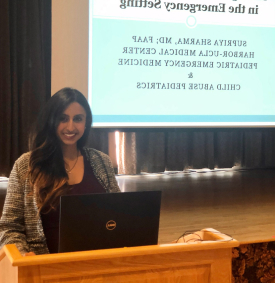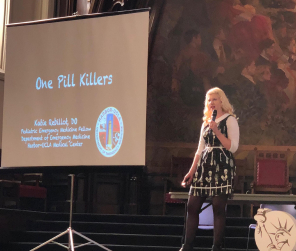A Strong Combination of Didactics and Hands-On Experience
First-year pediatric residency-trained fellows start with a two-week EM orientation alongside the EM R2s, including procedure labs, trainings, and a few ED shifts.
Harbor ED months are half ED/half research, so fellows can maintain continuity in gaining clinical PEM skills and in progressing on their research/scholarly projects. This includes 10 PED shifts per month and two in adult ED for EM residency-trained fellows.
Fellows in the second and third years graduate in responsibility to a supervising fellow role in the Harbor ED, running the PED with direct supervision available from adult ED attendings and indirect supervision available from PEM faculty.
There is ample time to explore interests such as EMS, Med Ed, Social EM, Simulation, Research, and Administration. A PEM-US dual fellowship track is available.
Dedicated Core Conference
- We meet twice a month for protected PEM-dedicated conference time.
- Fellows present (with a faculty mentor) for eight conferences as part of a two-year comprehensive systems-based core curriculum and short imaging interpretation topic.
- As part of the core curriculum, we follow along in our fellowship-provided textbook readings, but we believe in adult self-paced learners. For our core conferences, we strive to focus on advanced, controversial, or hands-on procedure-related aspects in an interactive and engaging manner, and we steer clear of boring power points.
- The remainder of the year’s conference time includes simulation sessions, workshops, and guest lecturers, and Harbor is fortunate to have several nationally recognized PEM speakers as faculty.
- We include frequent board review sessions, as well as ECG, Toxicology, and Derm cases.
- We include a comprehensive biostatistics curriculum as part of our conference schedule.
- Harbor has a multi-room well-equipped Simulation Center located in our old operating rooms.


